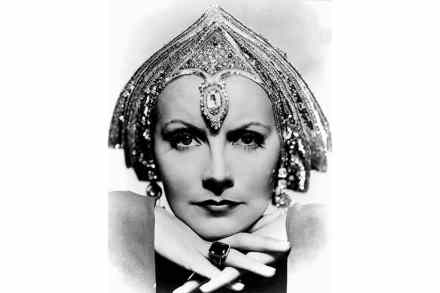The Berkeley scandal of 1681 transfixed London society – and Aphra Behn soon capitalised on it
If you want to understand in detail what people in the past were capable of doing, thinking and saying, there is nothing like studying court proceedings. When restrictions were placed on other reportage of human behaviour, the courts had to find out about all sorts of activity. At a time when novelists could hardly write even in the most general terms about adultery, the 1869 prosecution of two homosexuals called Thomas Boulton and Frederick Park could be reported in truly startling detail. One of the best accounts of precisely how people talked spontaneously in the 17th century is the record of Charles I’s eruptions during his trial. Justice was no



